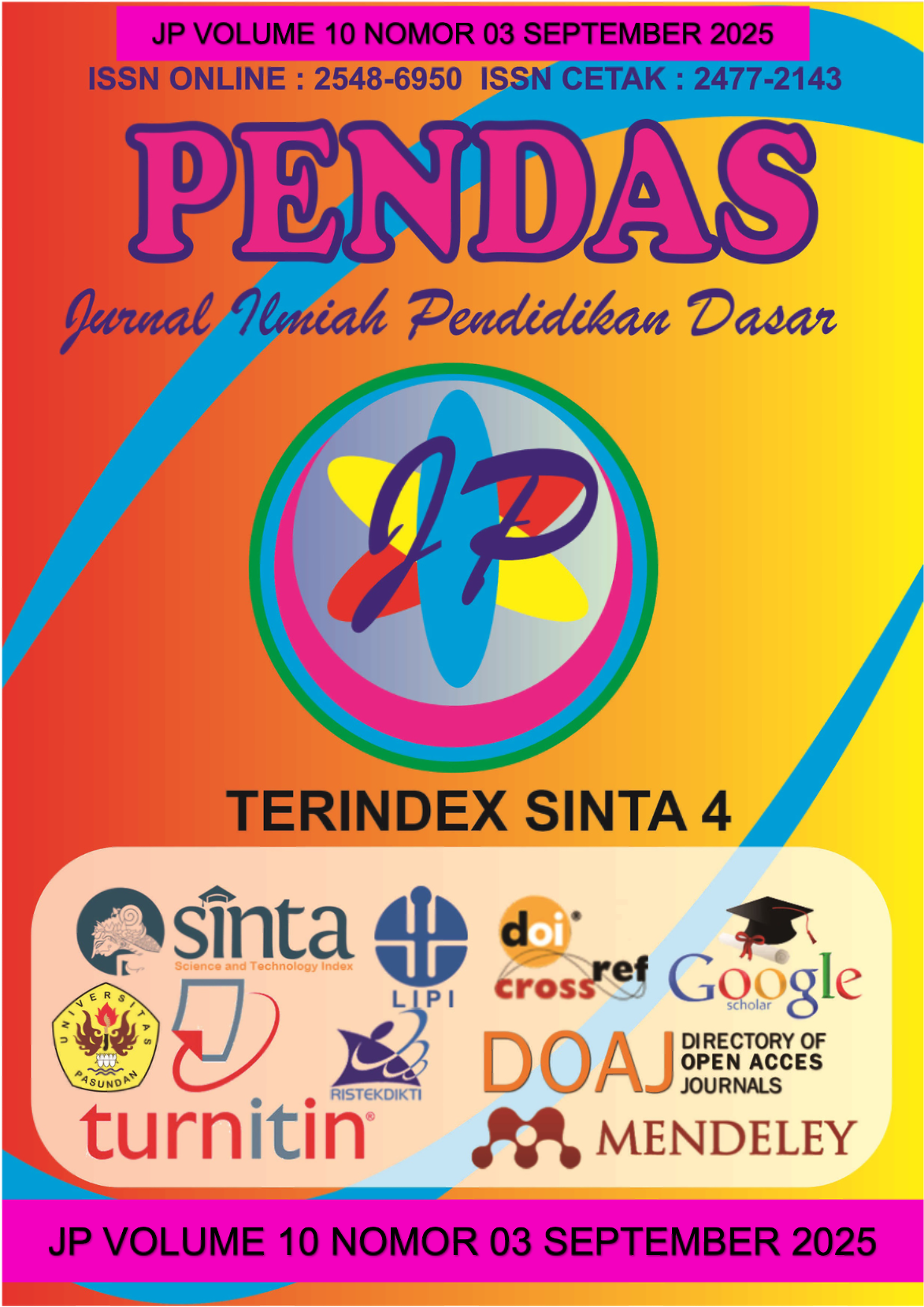PENERAPAN PENDEKATAN REALISTIC MATHEMATICS EDUCATION (RME) TERHADAP KEMAMPUAN PEMECAHAN MASALAH MATEMATIS PESERTA DIDIK KELAS XII FASE F
DOI:
https://doi.org/10.23969/jp.v10i03.32789Keywords:
Realistic Mathematics Education, mathematical problem-solving, conventional learning.Abstract
This study was motivated by the low mathematical problem-solving ability of high school students. The purpose of this research was to determine the differences in mathematical problem-solving ability between students who received instruction through the Realistic Mathematics Education (RME) approach and those who experienced conventional learning in Grade XII Phase F of SMAN 2 Lubuk Sikaping, Pasaman Regency. The research employed an experimental method with a Control Group Posttest Only design. The population consisted of all Grade XII Phase F students in the 2025/2026 academic year. Samples were selected using random sampling, resulting in Grade XII F 8 as the experimental class and Grade XII F 7 as the control class. The research instrument was a problem-solving test in essay form, based on Polya’s problem-solving steps, which had been validated and showed a reliability coefficient of 0.855. Data analysis was carried out using a one-tailed t-test at a 5% significance level.
The results indicated that the mathematical problem-solving ability of students taught with the RME approach was significantly higher than that of students taught through conventional learning. This finding suggests that RME provides contextual learning experiences, encourages active participation, and fosters critical, analytical, and creative thinking skills in solving mathematical problems. Therefore, RME can be recommended as an alternative instructional strategy to enhance the quality of mathematics teaching and learning in secondary schools.
Downloads
Downloads
Published
Issue
Section
License
Copyright (c) 2025 Pendas : Jurnal Ilmiah Pendidikan Dasar

This work is licensed under a Creative Commons Attribution 4.0 International License.














































